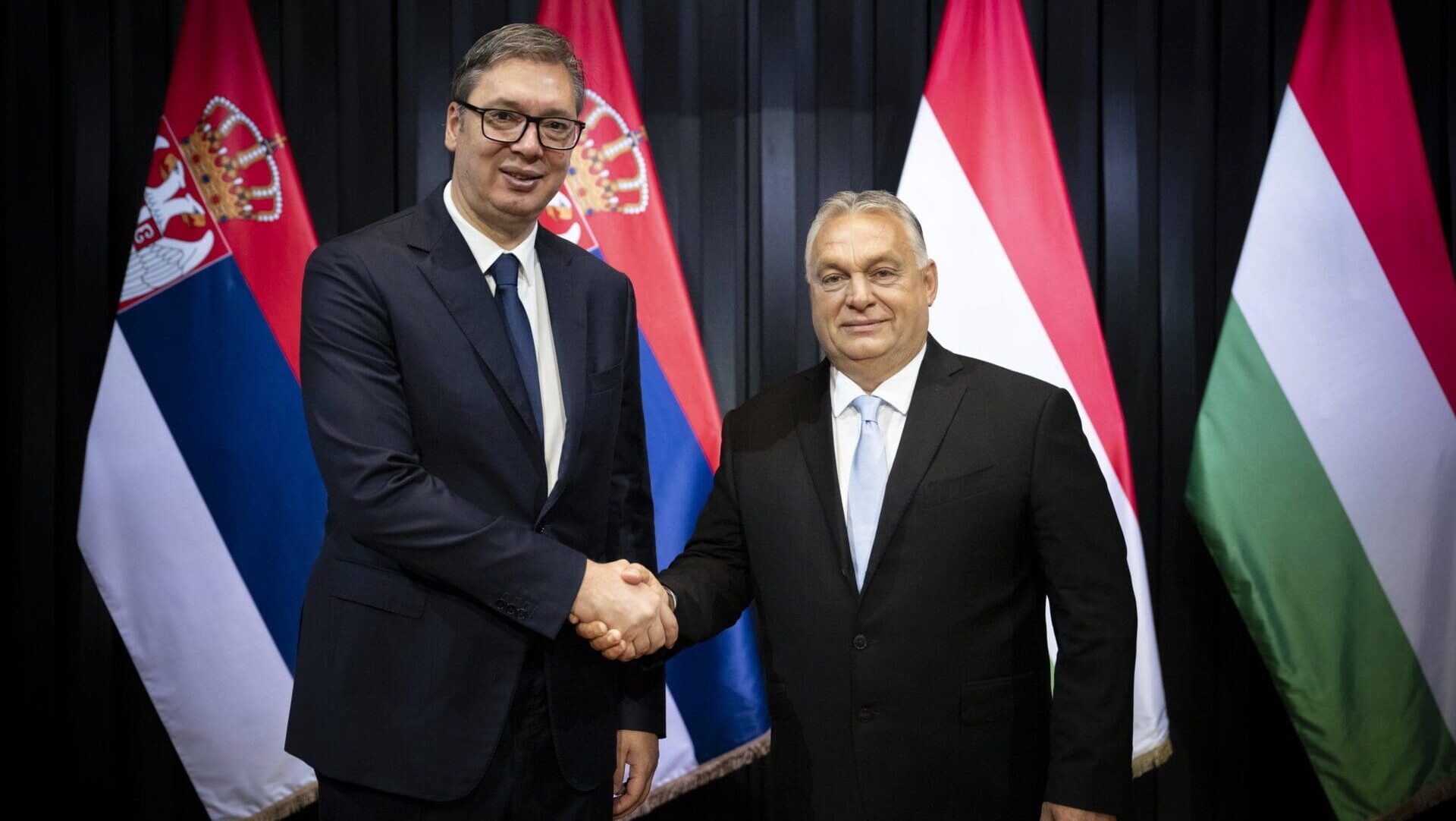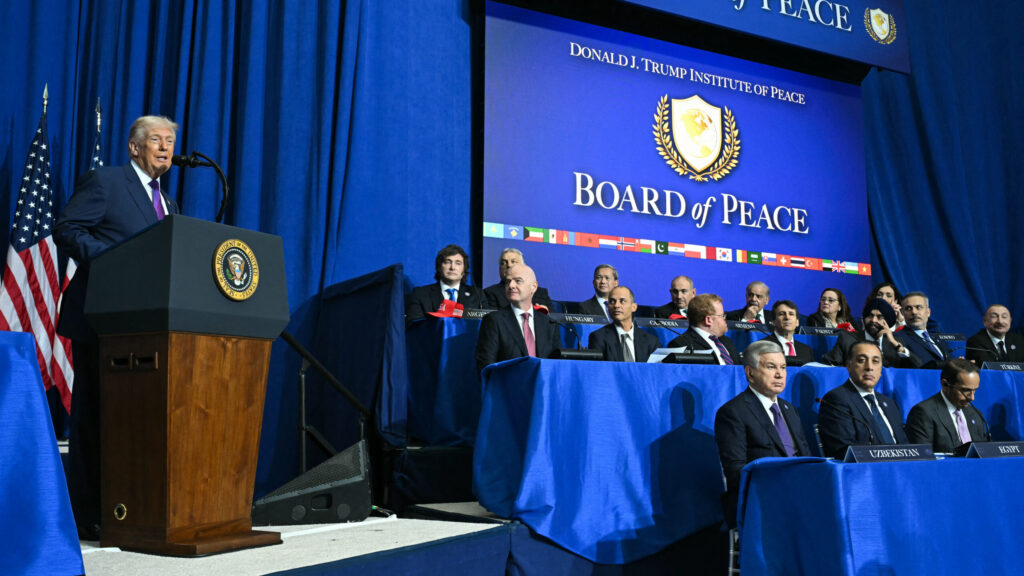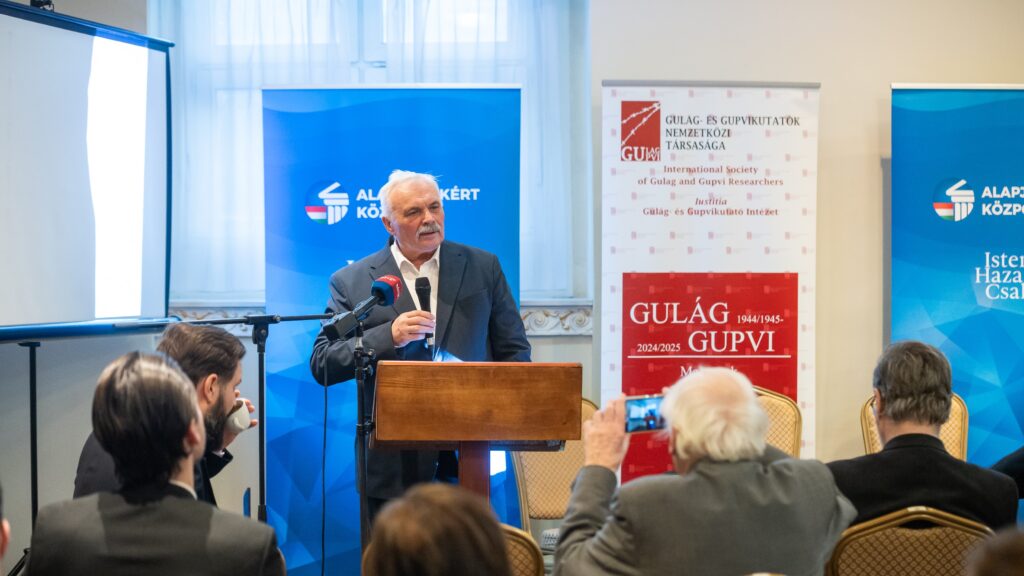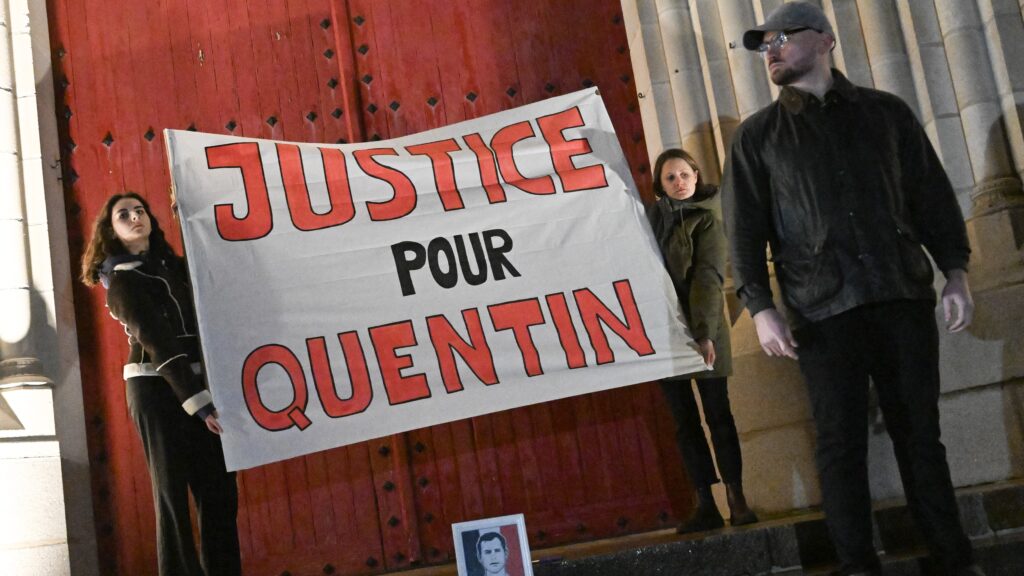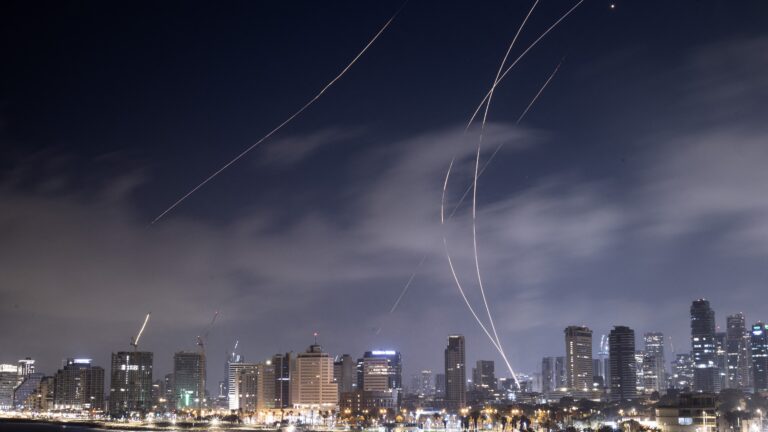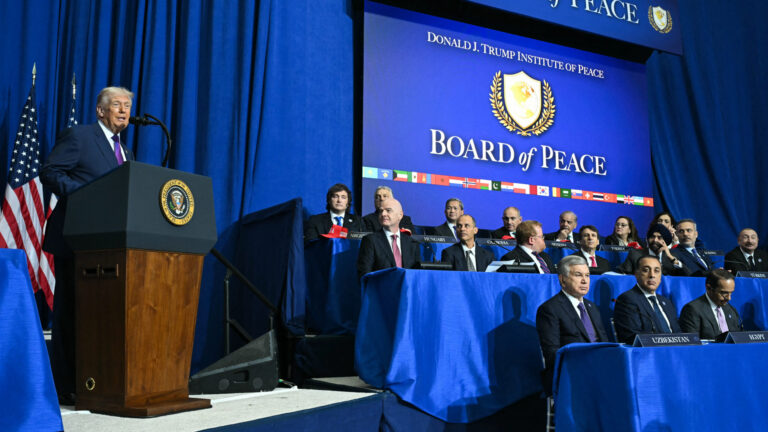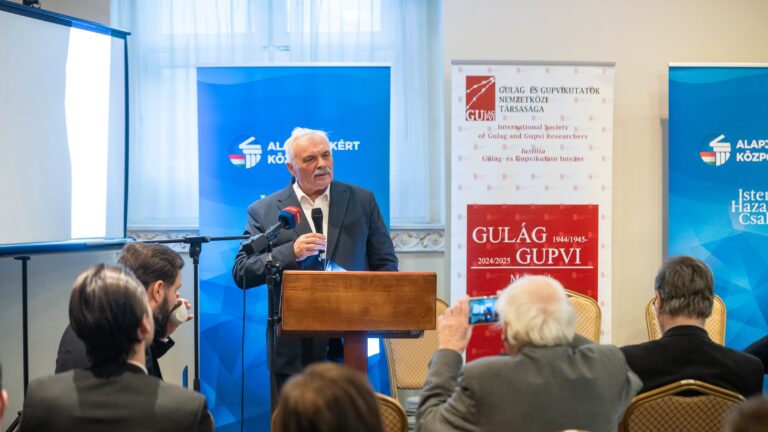Serbian President Aleksandar Vučić has urged the opposition to initiate a confidence referendum against him. Vučić’s move comes in response to a survey conducted by the Center for Research, Transparency and Accountability (CRTA), which revealed that 61 per cent of the population supports the anti-government protests that erupted following the Novi Sad railway station tragedy in November.
The survey also revealed that 52 per cent of Serbs want Vučić to be replaced, prompting the president to ensure this sentiment is accurately reflected. ‘If this is the case, I will no longer be able to carry out the duties of the president of the republic,’ Vučić stated. He highlighted that legitimacy is the cornerstone of politics and that sovereignty always stems from the will of the people.
The initiative for a confidence referendum requires the signatures of 67 members of the 250-member parliament. The Serbian Progressive Party (SNS), Vučić’s party, has pledged to contribute 100 signatures if the opposition fails to gather enough. Speaker Ana Brnabić confirmed this, adding that the signatures supporting the referendum initiative would be submitted on Wednesday.
‘Vučić stated that legitimacy is the cornerstone of politics and that sovereignty always stems from the will of the people’
On 1 November 2024 a canopy at the Novi Sad railway station collapsed, claiming the lives of 15 people, including children. Critics have denounced the tragedy as a symbol of government negligence and corruption. In the aftermath, tens of thousands of protesters have taken to the streets of Belgrade and other cities, demanding accountability.
The tragedy led to the resignation of Construction Minister Goran Vesić in November, while prosecutors filed indictments against 13 individuals in late December.
However, the protests continued, with demonstrators blocking roads weekly, chanting slogans such as ‘We want justice’, and adopting a red handprint as the symbol of their movement—a powerful representation of their accusation that the government has ‘blood on its hands.’
Vučić was directly elected President of the Republic in 2017 and re-elected in 2022. His mandate is set to expire in 2027, and under the Serbian constitution, he is ineligible for re-election as president.
A Great Friend of Hungary
Vučić maintains a strong relationship with Hungarian Prime Minister Viktor Orbán. During his tenure, Hungarian–Serbian relations have entered a golden age, positively impacting the living conditions of the Hungarian minority in Vojvodina.
Thanks to the strong relationship between the two countries, large-scale infrastructure projects have been initiated, one of the most prominent being the renovation of the Budapest–Belgrade railway line, a decision made by the Hungarian government in 2014. This project is being carried out with significant Chinese support as part of the Belt and Road Initiative.
The project, valued at approximately €1.7 billion, had its foundation stone laid in October 2021 and is set to establish a high-quality direct link from the port of Piraeus to Asian trade routes. With this investment, Hungary will offer the fastest transport route between the Far East and Western Europe via Greek ports. The transport of goods from China, which until now has involved various modes of transportation, will be fundamentally streamlined, as goods shipped to the seaport will henceforth be transported to Europe by rail.
In addition to infrastructure cooperation, Serbia and Hungary are also working closely together to address the migratory pressure on Europe. Since 2021 Hungarian and Serbian authorities have been conducting joint patrols along the Serbian–North Macedonian and Hungarian–Serbian borders. Hungarian Interior Minister Sándor Pintér emphasized that ‘the common goal is to involve other EU countries in these operations, not only Serbia and Hungary.’ Serbian Interior Minister Aleksandar Vulin stated that the launch of the joint patrol service is evidence that relations between the two countries are currently at their highest possible level.
Vučić was awarded the Grand Cross of the Order of Merit of Hungary upon the recommendation of Viktor Orbán last August.
Related articles:

